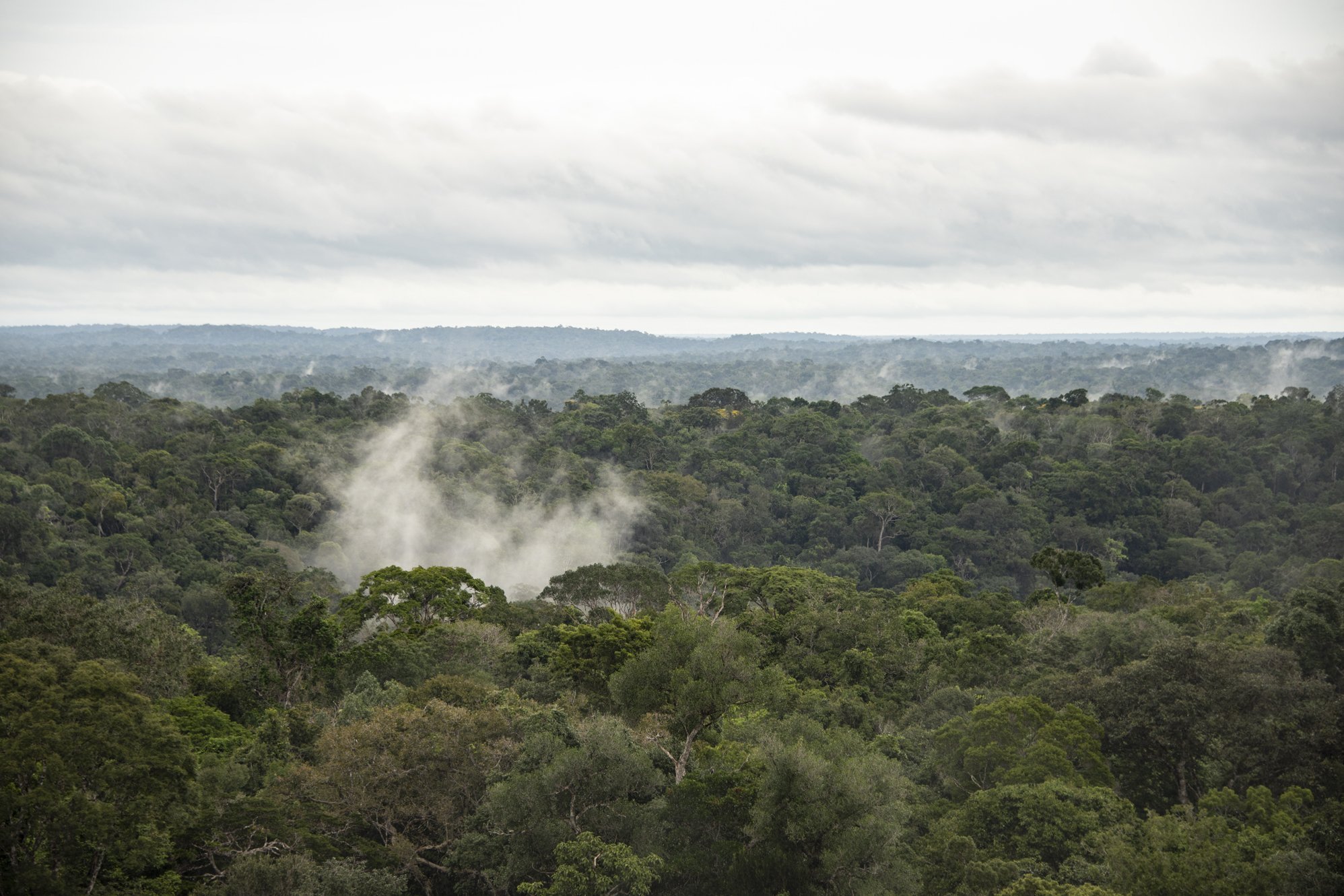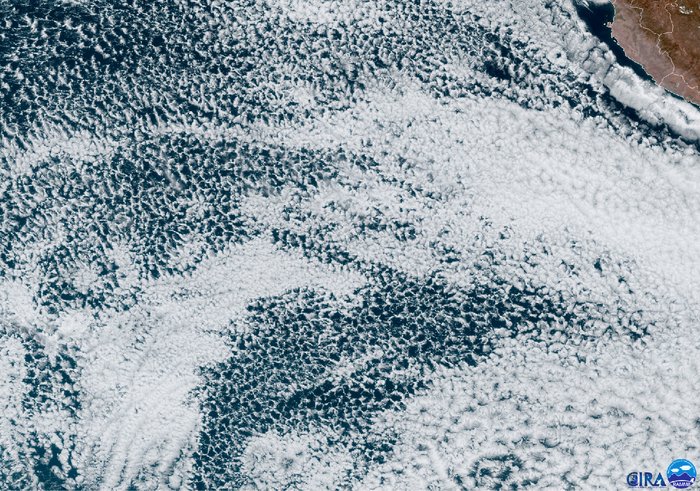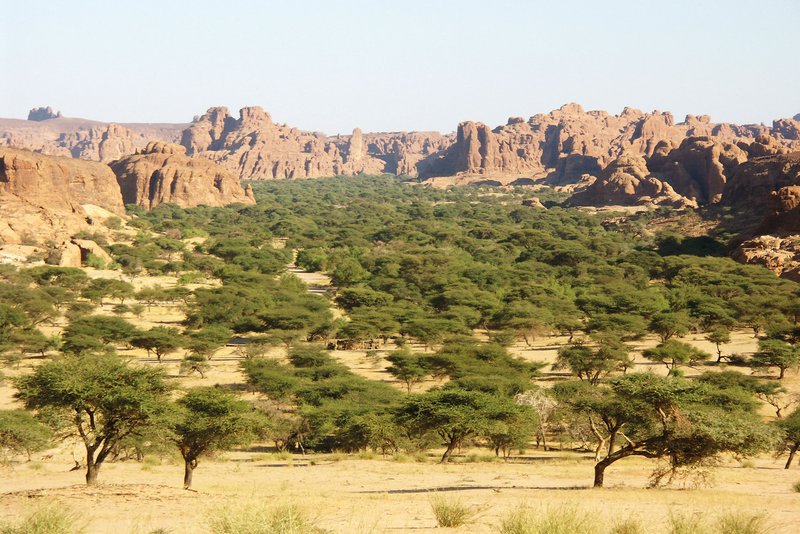Our institute welcomes independent research groups, usually led by scientists still early in their career. We are proud of the success and dynacism of these groups. Past group leaders now hold professorships at the Ludwig-Maximilians-Universität München, the Universität Hamburg, the Universidad Politécnica de Cataluña in Barcelona, the Universität Leipzig, and leadership positions in the private sector. The institute is eligible to host research groups funded by Starting Grants by the European Research Council, Independent Research Groups funded by the Max Planck Society, and Emmy Noether Junior Research Groups funded by the German Research Foundation (DFG). We may also host groups supported by independent foundations. If you are thinking about applying to lead such a research group, please contact the director of the department most aligned with your interests to further explore opportunities and how we can help you be as successful as possible.
Application information
The Max Planck Society’s Earth and Solar system Research Partnership (ESRP), comprising the Max Planck Institutes (MPIs) for Biogeochemistry (Jena), Chemistry (Mainz) , Meteorology (Hamburg) , and Solar System Research (Göttingen) , offers
Opportunities in Earth and Solar System Research for independent early-career scientists.
MPIs offer a richly stimulating intellectual environment and powerful infrastructure and facilities. All four institutes of the ESRP would be delighted to host independent research groups funded through the Max Planck Society, the European Research Council (ERC), the German Research Foundation (DFG), or any other organization.
We are interested in hosting group leaders who through their success in one of these funding schemes have demonstrated exceptional scientific merit and intellectual independence; novelty for the hosting MPI would be a powerful and in some schemes essential asset.
Possible funding schemes are:
- Max Planck Research Group – funded centrally by the Max Planck Society and hosted by one MPI. Funding is for five years, with two two-year extensions possible. Calls are expected to be issued annually. Applications are expected from researchers usually no more than seven years past their PhD. A call for application will be issued between April 4 and May 11 2023.
- ERC Starting Grant – funded annually for five years by the ERC and hosted by an MPI. Applicants should be from two to seven years past their PhD, with some exceptions possible.
- Emmy Noether Programme – funded for six years by the DFG and hosted by an MPI. Applications are received continuously. Applicants should be no more than four years past their PhD.
This offer of opportunities extends indefinitely and is not limited to the current funding round. If you are interested in conducting your independent research at one of the MPIs of the ESRP, you are encouraged to approach one of their directors and discuss options. For most funding schemes, such contact is mandatory prior to submitting an application.
Other research groups
In addition, we have the benefit from the expertise of several more senior, often retired, researchers who independently fund and host research groups on topics that complement research with in the institute.
More Content

Amazon rainforest more resilient than assumed
New evidence suggests that mean annual precipitation in the Amazon region is not going to change significantly even if it were completely deforested.…

Recurring cases of Saharan and Sahelian greening over the past 800,000 years
A humid climate in the Sahara and Sahel played a critical role in shaping the environment for early human settlement and migration. A new study…
![[Translate to English:] [Translate to English:]](/fileadmin/04_Kommunikation/01_Aktuelles/2025/250306_Mikroplastik_Brasseur/pexels-christopher-politano-978995-30145743.jpg)
Airborne microplastics: Where do they come from, where do they go?
How tiny plastic particles enter the atmosphere is an important question, as airborne microplastics are a potential health threat. Using a global…



